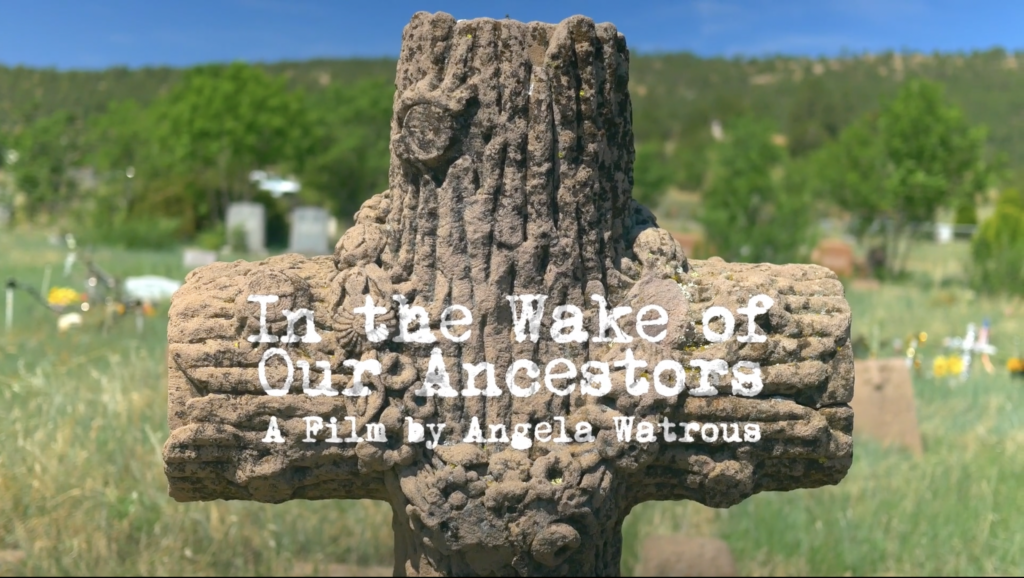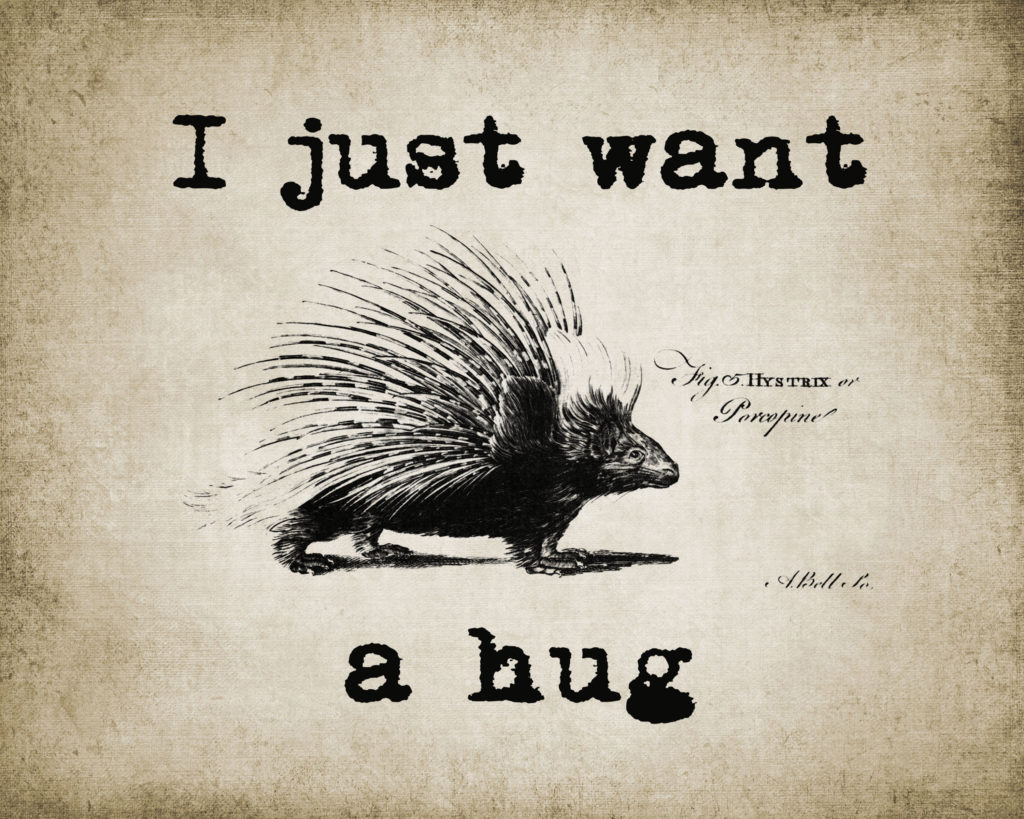When lives are at stake, it can feel counterintuitive—and HARD—to slow down and listen. In this space dedicated to the restorative power of empathy, I want to talk with you about how to have conversations about geopolitical violence with people we care about when we have different views or come from different positionalities, to try […]
Are my ancient ancestors tech savvy?
There’s no predicting the transformations that come from ancestral lineage healing work. Healing my father’s father’s lineage transformed me—wholly unexpectedly—from a writer into a documentary filmmaker (In the Wake of Our Ancestors began filming last year, and we’re on track to complete filming and launch into the wildly creative world of post-production by early next year). I […]
What’s Possible When Your Ancestors
Become a Jetpack Instead of an Anvil?
In December 2019, I began studying ancestral lineage healing, a method of ancestral work that powerfully enlists your bright thriving ancestors (often pre-agrarian and pre-patriarchal) to bring healing to any troubled ancestors between them and you, resolving blockages and restoring the channels of ancestral blessings and support so they can finally reach you. In this work, we focus […]
What Would Your Life Be Like if You Were Warmly Welcomed in Your Wholeness? A Love Letter to Your Nervous System
By the time we’re four months old, our interactions with our primary caregiver reveal whether or not we’ll have a secure or insecure attachment—our foundation for all our love relationships. We learn early and unconsciously which emotions our primary caregiver can welcome in themselves and in us. If they get angry or overwhelmed when we’re […]
What Does It Really Take to Not Give Up? A Simple Approach for Difficult Times
When the going gets tough, the tough get going. This is the advice our culture offers us about fortitude amidst adversity: If you’re tough, you’ll do something. If you’re not tough, well, toughen up. If that doesn’t work, there’s something wrong with you. Try harder. Rely on willpower. Buck up. Didn’t work? Buckle down. Try […]




